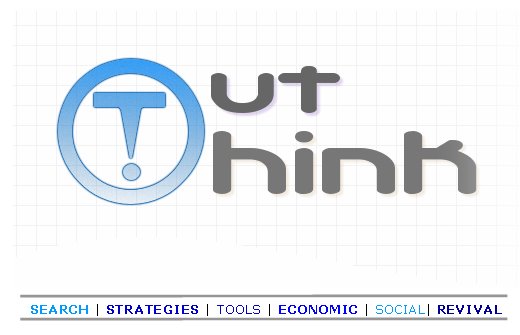I was fortunate enough to work in one of the largest professional services firms in the world for a number of years. As legislation changed, I watched as specialisation became a necessity, and technical issues were discussed and debated to death, and just as a decision was about to be made, one small new fact often caused the whole process to start from scratch. Tedious. Pain-stakingly so. Time consuming too. And the value was [is] debatable.
It makes me think of that old primary school maths riddle about the frog that gets stuck in a well and wants to get out, and for every three bricks he jumps up, he slides down two. The well is twenty one bricks high, and the riddle asks how many jumps he must make to get out of the well. For now, the answer is irrelevant. Suffice it to say that he would get out a lot faster if he only slid back one brick rather than two on each jump.
Think about all of the firms doing this [in all different fields]… working so hard to be a bit ahead of the game, but in actual fact everyone is working on similar problems at the same time. They call this little bit of knowledge “competitive advantage”, but just think if they all worked together on a single platform, everyone could move forward as an industry at a much more rapid pace.
 Why do they [we] keep re-inventing the wheel? [over and over and over]
Why do they [we] keep re-inventing the wheel? [over and over and over]
John Taylor Gatto said something ludicrously true: “Professional interest is served by making what is easy seem hard.”
People often point fingers at lawyers, but now its true for every profession, seemingly without exception. In the stand-off between competition and collaboration, all we get is professional cannibalism, since the great race not only results in a much slower overall pace forward, but also often confusion.
It's a tough one, that. If necessity is the father of invention, perhaps competition is the mother. Competition is lauded as one of the great drivers of innovation, but this really looks to me like a case where competition slows down or totally derails the real possibilities of innovation...
... and sadly, when competition is the be-all and end-all, if often ends up in one place - commoditising the product. In this case, that would be knowledge.
So if knowledge truly is becoming a commodity, how long before knowledge also attains that critical price of free? [whether or not collaboration would change that is debatable too, since it may just relegate the knowledge to free as it would be much more freely available]
And what happens when it does?
The results, particularly in professional service firms, will be startling!!!
In case you were wondering, I’m sure the frog got out of the well just fine. But I wonder if his professional adviser ever did…
Links
[listen to Chris Anderson discuss critical price here at TED]
[read about Tom Peters' take on Professional Service Firms here - I love it, btw]
[Interesting information about free worth reading:.bmp)


2 comments:
I'm with you on this Darren. The future value of a network of people who are interested in engaging with your ideas, products and services is often more than the value of a particular good that we could give them for free.
Well said Dave.
Must admit I was hoping to extract some comments from practising consultants on this, but alas, none would bite.
Sadly, this type of change would face far too much resistance and would be scrapped immediately, but I love the possibilities that it generates, and perhaps some of the younger generation consultants will be able to run with it and generate that value you talk of.
Post a Comment